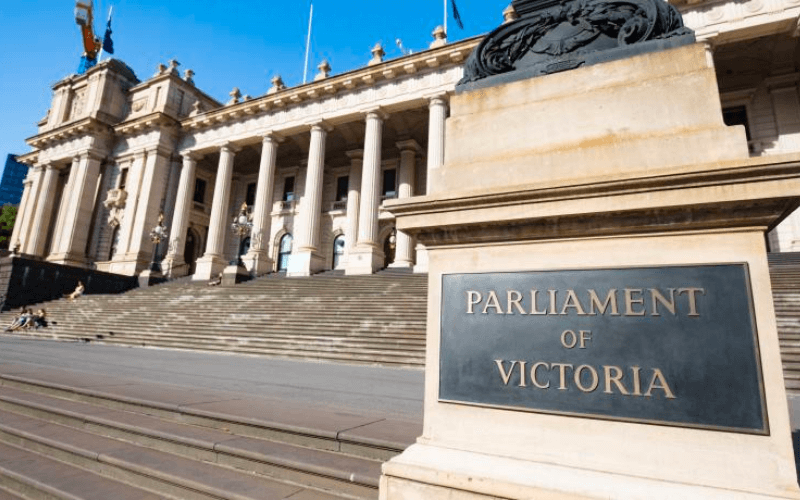
Each level of Government operates in complete different ways, and so it's useful to know about the inner workings and procedures, key people, and the level of potential impact your advocacy can have for each one. Engaging with your local council can be very easy and can lead to some fantastic outcomes!
Councils are made up of two parts: the elected representatives (councillors) and administration (council staff).
Councillors are democratically elected by the residents and ratepayers of the municipality. Once elected, they are responsible for reviewing matters and debating issues before their council, and making decisions.
Council staff are responsible for providing advice, implementing council’s direction and taking action on council decisions. Council officers also provide advice and expertise that help a council to form policy decisions, along with delivering services and implementing decisions. Usually the heads of departments form a group referred to as the Executive, led by the CEO.
While your local council might not be making the daily news like state and federal governments, decisions made in the local council chamber can have huge effects of your local community. Local councils are in charge of many community services, cultural centres and events, and have avenues (including cash) to support music.
One important fact to know is that council staff cannot advocate to council. This means that even if they see a particular need in the community, or feel the council should support something, they are unable to recommend this to council themselves. This is why it’s so important for the community to get involved, and further highlights how engaging with your council, even in small ways, can make a difference. Council staff find it difficult to act if there is silence from the community.
Once something is on the radar of council, they may instruct staff to prepare a council report on the matter, but staff cannot instigate this themselves.
Doing your research first ensures that you are advocating from an informed place, can make the best case possible, and that you know what the Council already offers (there’s no point advocating for something that already exists!).
It’s well worth reading the Council’s four year Council plan, and/or their live music action plan, arts and/or culture policy/strategy (if there is one) to see what is on the agenda in the coming years. Get to know what music programs are being offered, and identify any initiatives that you can link in with. You can also use these documents to check if the Council is funding/doing the things it said it would.
If your Council doesn’t have an music, arts and/or culture policy/strategy, pushing for the creation of one might be a good place to start with your advocacy!
It’s always important to make contact with relevant Council officers. Council officers are a good source of information, which you can use to your advantage; there are often projects underway, or new strategies that the officers will know about, and may be able to link you into. They are also often in charge of certain initiatives, projects, and budgets. Take any opportunity to get to know Council staff and let them know about what you are doing.
You can contact a Council officer and request a meeting, but failing that, there are other ways to make a connection; there may be a regular artists’ forum which is set up to facilitate connections, and applying for a grant is also a great excuse to make those connections with Council staff.
It is also worth noting that when contacting Councillors directly, in some Councils the Councillors may send you directly back to Officers, especially if they haven’t already engaged at the Officer level.
Firstly, keep in mind that local councillors are elected officials, and so anyone can contact and speak to them about issues that are important to them and the community.
It is also worth noting that most Councils have specific community engagement websites - at Moreland City Council for instance, it is https://conversations.moreland.vic.gov.au/ - but most Councils have them and this is a good way of engaging with a range of different topics and conversations.
Building relationships with your local councillors is a huge investment, and having an ongoing connection and communications will make it easier to have your voice heard. Keep in mind that there are lots of opportunities to stay connected, other than talking about issues:
Remember your councillors are there to help - they care about the communities they live in! Do keep in mind though that often Councillors will have a job/career outside of their Council duties, and they only get a small stipend. Workloads and commitments can be huge.